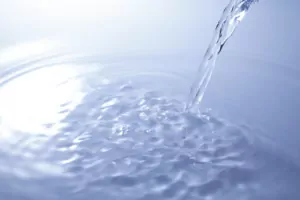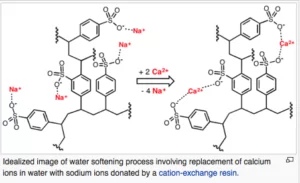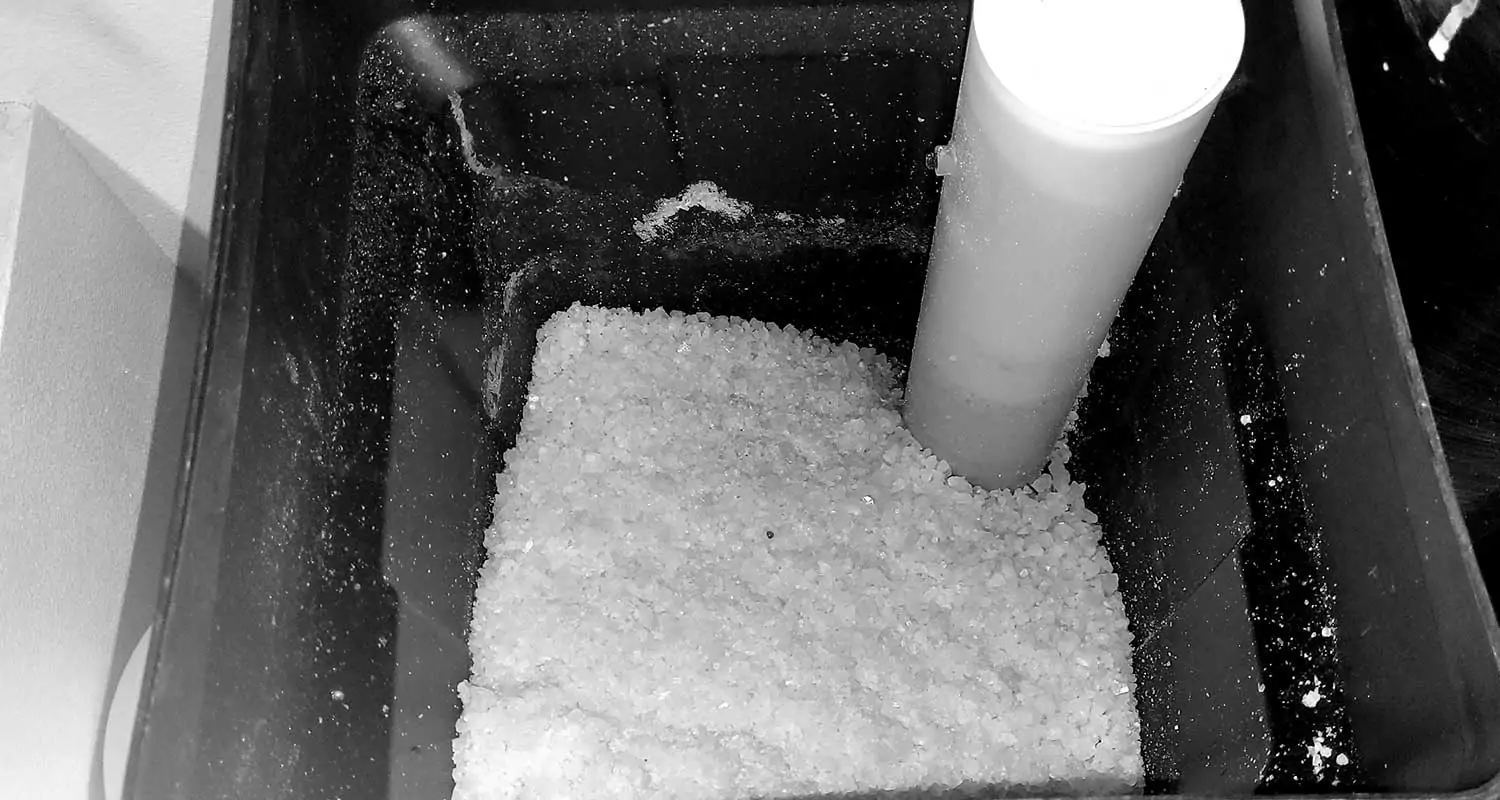Your Guide To Water Softeners
If you have noticed that your shampoo doesn’t lather very well, there is a film in your bath or shower, or your dishes have spots on them even though you’ve cleaned them, it’s likely that your home is receiving hard water. Hard water refers to water that has a lot of minerals in it such as carbonate, magnesium, manganese, and calcium.
If you have a hard water problem, you can use water softeners to remove the minerals from the water. By using water softeners, you can stop your pipes from clogging, and you’ll be able to lather up the shampoo in the shower. If you have a water softener unit installed, it should last you for quite a few years, but it will need some maintenance now and then.
Should I Buy A Water Softener?
Although the minerals found in hard water aren’t harmful towards your health, it can be a nuisance as they create a build up in your plumbing, the appliances that use water, and in your water heater. They can also make washing your clothes, dishes, and showering a harder task. Throughout America, there are around 85% of homes that suffer from hard water.
Pros of Water Softeners
● Having a water softener installed means you won’t suffer from as much scale
● The chances of your pipes clogging are a lot less likely
● By having less scale, you can save on your water heater’s energy cost
● Scale buildup goes down in appliances that use water
● Soaps and detergents can lather and work a lot better
● There will be a reduction in spotting and staining when washing clothes and dishes
● The lifespan of appliances can increase
Cons of Water Softeners
● With a sodium-based ion exchange softener, your salt intake can increase
● Softened water is safe to drink, but many people don’t enjoy the taste of it
● The unwanted minerals from your water go to waste
Types of Water Softeners
The most common type of water softener is an ion exchange unit, but this isn’t the only kind that is available. If you are looking to get a water softener unit, you should first know about the types that are on offer.
Sodium-based ion exchange softener – With this kind of water softener, before the water enters your household pipes, it will cycle the water through two different tanks. One of the tanks has brine in it, and the other has resin beads inside of it. It softens the water by removing the magnesium, calcium, and the other minerals, and then replaces them with sodium.
Dual tank water softener – A dual tank water softener has two resin tanks, which means softened water can be supplied to your home constantly. A non-dual tank water softener cannot provide you with softened water continuously as it must recharge. It will most likely regenerate over the night, but it can become problematic if you need to use your water while the regeneration cycle is occurring. With a dual tank, while one tank regenerates, the other tank can be utilized.
If you wish to buy a dual tank water softener, you need to think about the space it requires. Depending on what type of dual tank water softener you get, there are different requirements, so you need to consider these before you purchase one. 
Sodium-free water softener – Salt-free water softeners are great for those who don’t have much space as it has been specifically designed for tight spaces. Rather than using sodium, this water softener uses a potassium chloride that is a salt substitute. With this type of water softener, the minerals in the hard water aren’t reduced; it’s a de-scaler, so it just prevents the hard minerals from causing scale in your pipes or in appliances that use water. This does mean that it isn’t as effective as some of the other water softeners, but it doesn’t mean that it is useless.
Magnetic water softener – This water softener is an electrical device that simply clips onto your homes incoming pipe. A magnetic field is set up, and the electromagnetic properties are changed in some of the minerals. This means the minerals are repelled by each other and by the pipes.
If you have any questions regarding Soft Water and Water Softeners please call Chambliss Plumbing @ 210-490-7910
